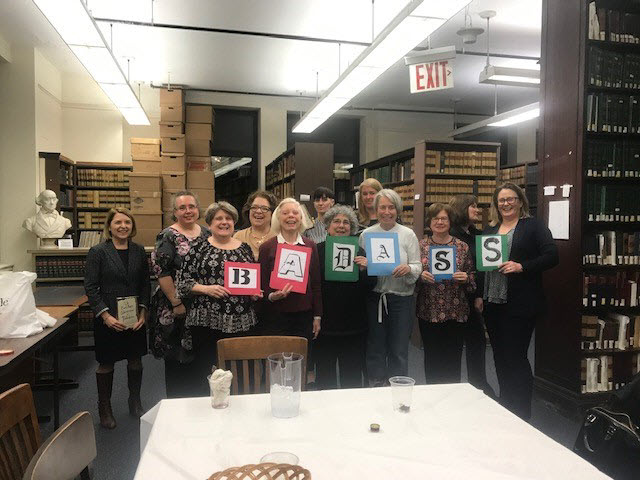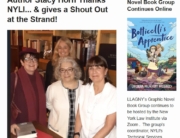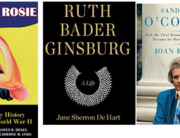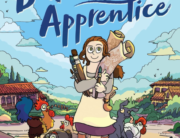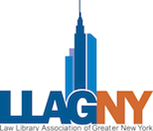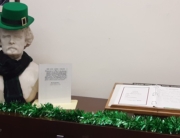The LLAGNY Book Club returned to the theme of librarianship in November with a spirited discussion of The Bad-Ass Librarians of Timbuktu: And Their Race to Save the World’s Most Precious Manuscripts by Joshua Hammer. This dense documentary-style book raised more questions than could possibly be answered in one meeting, but all agreed that reading it was a quick education in the history of Mali, Timbuktu, and the treasures of ancient Islam.
Author-journalist Hammer chronicles Abdel Kader Haidara’s heroic actions in preserving Timbuktu’s treasures from the latest in a long line of destructive fanaticism that has made its way through this West African nation. The age and breadth of the texts was astonishing, covering such seemingly disparate topics as religion, astronomy, tobacco usage, mathematics, jurisprudence, recipes and marital advice. As Al Quaida closes in and imposes its violence, Haidara and his young nephew recruit volunteers to smuggle their country’s treasure – and culture – to safety.
The name Timbuktu itself has been shrouded in mystery for many outsiders. It is a real place, with an ancient history of scholarship and role as a center of trade. As a child in West Virginia, American scholar Henry Gates first became aware of its intellectual achievements through the Ripley’s Believe It or Not cartoon panel depicting Timbuktu’s 16th Century university. Thirty-seven years later, Professor Gates created a PBS documentary on Timbuktu that shattered any remaining misconceptions of centers of learning not existing outside of Europe.
Haidara is a man in love with words, and his family’s long held mission was to preserve the glories of Islam and Timbuktu’s past with the hope that it would inform the future. Their mission is juxtaposed to that of the fundamentalists who violently wanted to erase Mali’s past. Shrines and tombs of beloved Islamic scholars were destroyed by the invaders, and with that obliteration, one more piece of Timbuktu’s ancient glory vanished.
Book club members reflected on what books, either from their employer’s or personal library, they would want to save. The connection to our books – and therefore to our past – is a strong emotional bond. It’s the same bond that motivated Haidara and others to risk their lives for their books.
Continued thanks to Anne LeCard and Mary Matuszak for organizing this wonderful group – THE LLAGNY BOOK CLUB – , to Lucy Curci-Gonzalez and the New York Law Institute for lending its reading room and adult beverages, and to LLAGNY for the soft drinks. The LLAGNY Book Club will meet again in January 2020, with another selection from one of its three dedicated topics… Librarianship, Law, and New York!!!

